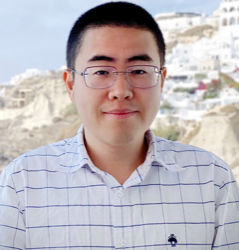DSI Summer Lab Students Present Wide-Ranging Research
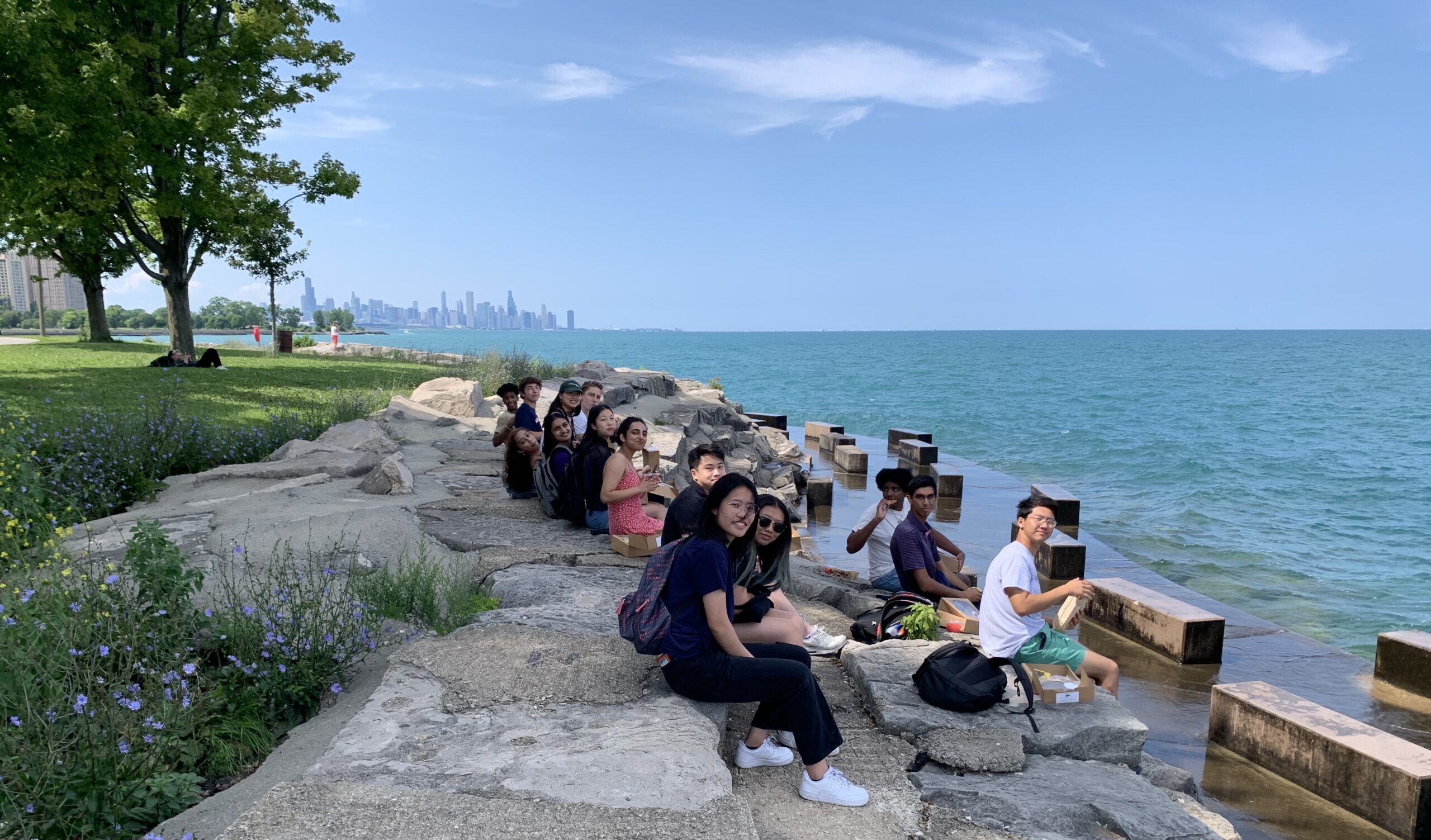
Attendees at August’s DSI Summer Lab Symposium might be surprised to learn that many of the poised young scientists presenting their research were brand-new to their areas of study. They began working on their summer projects just ten weeks before. Students presented work on a variety of topics, from agricultural consolidation to robotics in 3D printing, breast cancer imaging, simulated chemical reactions, and more. The diversity of the topics studied during Summer Lab showcased the students’ hard work and adaptability, the impressive breadth of data science research at UChicago, and the importance of education in data science for students with wide-ranging interests.
Over the course of the summer, the nine high schoolers and thirteen undergraduates that made up the 2023 cohort conducted research alongside members of the UChicago faculty. Students hailed from schools from across the country. They were assigned to their mentors based on shared subject interests and technical competency, but many students had little research experience, especially in their specific research area. Over a short period of time, they gained expertise in their research topics. At the August symposium, they presented recorded talks and posters, but the work didn’t end there. Ongoing research products include interactive dashboards, paper co-authorships, upcoming conference presentations, and even potential policy change through collaborations with nonprofits.
Approximately half of this year’s Summer Lab participants had never done research before, and many shared that this experience increased their interest in research and helped them to refine their future career goals. Students also learned new technical skills during the course of their projects, including the programming language Python and packages like NumPy, Matplotlib, pandas, and more.
Although the students worked hard on their individual research projects, they also found time to connect as a cohort through bowling, a White Sox game, volunteering with the Chicago Park District, a picnic, an ice cream social, and, of course, troubleshooting code. Said Summer Lab program director and Research Associate Professor Dr. Kyle Chard, “Data science research is not a solitary endeavor, and it’s important for these students to learn how to connect, work together, and learn from one another.”
A few Summer Lab projects are featured below.
Self-Driving Telescopes: Changing the game for astronomical observation scheduling
Shohini Sarkar, a high schooler from Fremont, California, worked with Dr. Brian Nord of the Fermi National Accelerator Laboratory. Her project leveraged reinforcement learning to help efficiently position high-powered telescopes. She shared, “I was definitely interested in reinforcement learning so getting to work on that was a big plus! However, the astrophysics stuff was entirely new to me, and it has opened my eyes to all the ways that AI can be used in the field of astrophysics.” Sarkar’s work contributed to a workshop paper and will be included in future paper submissions. In addition, there are plans to implement her algorithms at telescope observatories and distribute software based on her code.
Consolidation in the Poultry Packing Industry
Undergraduate students Steven Chacón (University of Illinois at Chicago), Alena Zeng (UChicago), and Abigail Starr (UChicago) spent their summer working on a project in collaboration with the nonprofit Rural Advancement Foundation International (RAFI). They were mentored by DSI researchers and software engineers Todd Nief, Launa Greer, and Trevor Spreadbury. They studied market capture and concentration within the poultry industry, a phenomenon that has been shown to hurt small farmers by allowing major corporations to hold disproportionate market power. By compiling data from satellite imagery, environmental studies, business records, and more, these Summer Lab students created an interactive dashboard that presents the extent of market concentration. Then, their partners at RAFI used the dashboard in advocacy meetings with congressional offices. Said Zeng, “Since I’m studying economics and data science, I liked that our project had an emphasis on understanding the agricultural industry and different market situations, which tied my classes to the real world. The project also showed me that I enjoy working on social impact-related projects, because our work felt really meaningful and produced tangible results used for policy.” Nief, one of the team’s mentors, added, “I was impressed with the students’ work ethic, their engagement with the details of the problem of corporate consolidation in meat-packing, and their willingness to be adaptable to the changing demands of deploying a real world application on a short deadline.”
Fast Molecular Simulations with Minimal Effort
In his presentation, Alex Tuecke, a high schooler at Beacon Academy in Evanston, shared that traditional simulations of molecular dynamics are computationally expensive, often taking more than an hour to run. Alongside his mentor, Dr. Chard, Alex developed a machine learning model that can effectively simulate dehydration reactions in about two minutes. “I had no experience in either quantum chemistry or machine learning prior to my research,” said Alex. “Now, I am more interested in exploring the quantum field in college. This was my first research project, so I was not sure how it would go. I loved it, and it really solidified my plans to do CS in the future. I want to do something like this next summer.”
These projects and many more can be viewed on the Summer Lab website.
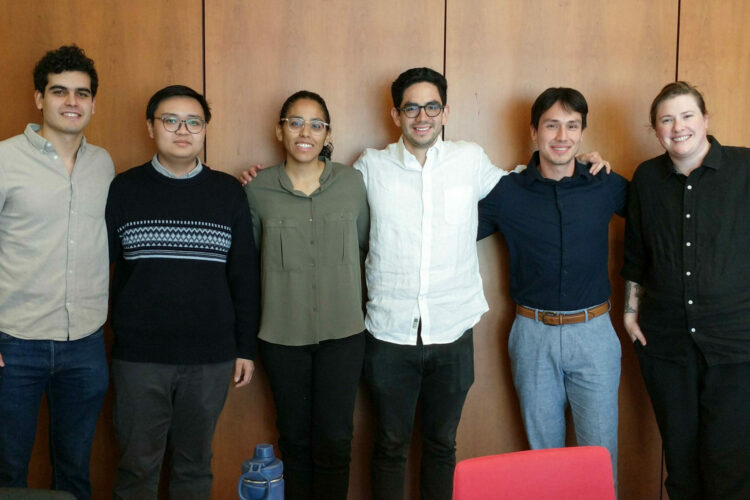
Community Data Fellow Stephania Tello Zamudio helps broaden internet access for Illinois residents
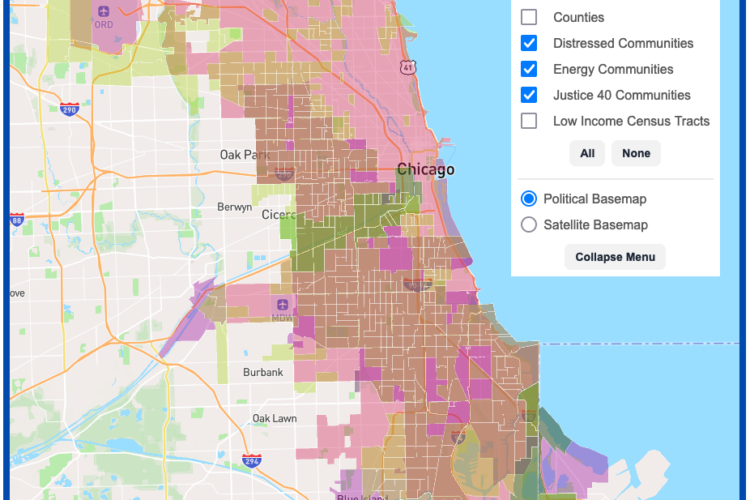
DSI Software Engineers create interactive map tool to maximize climate investment tax benefits
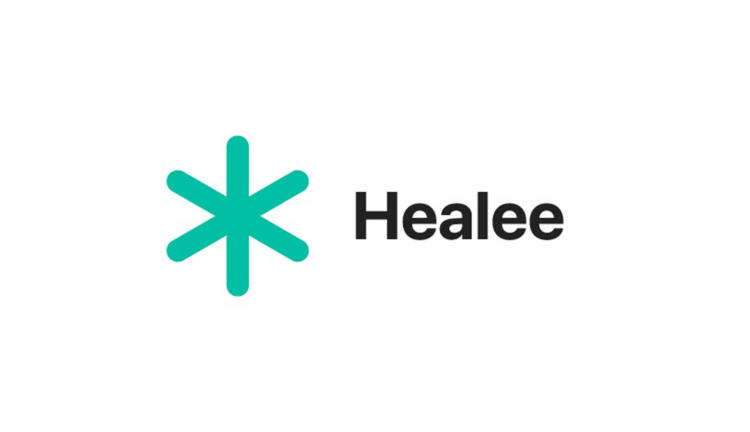
Transform cohort 3 participant Healee uses AI to improve healthcare
